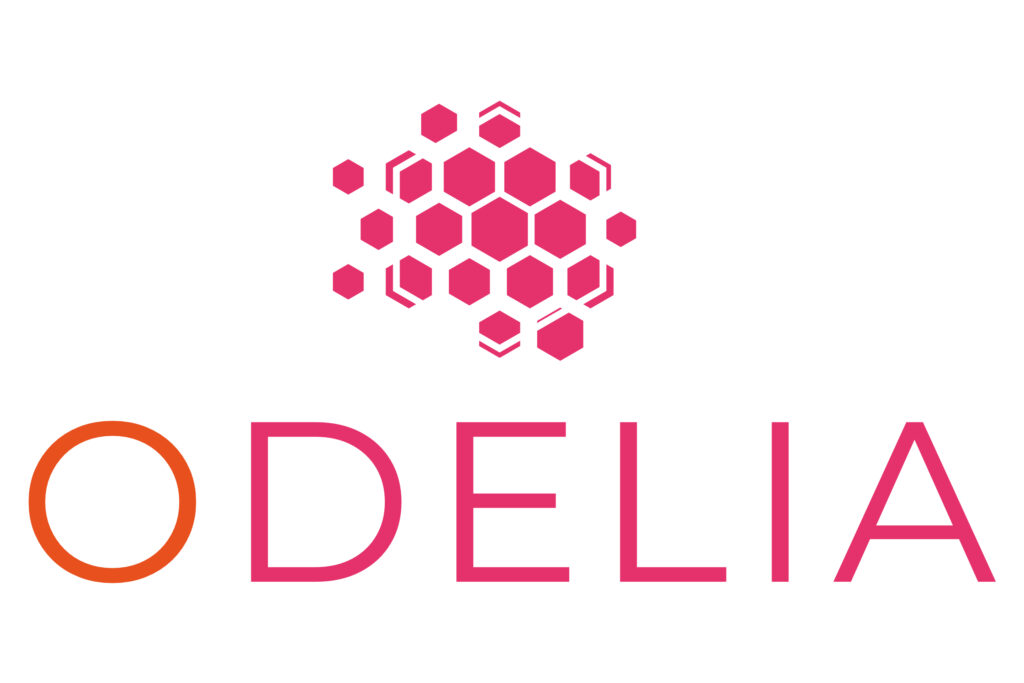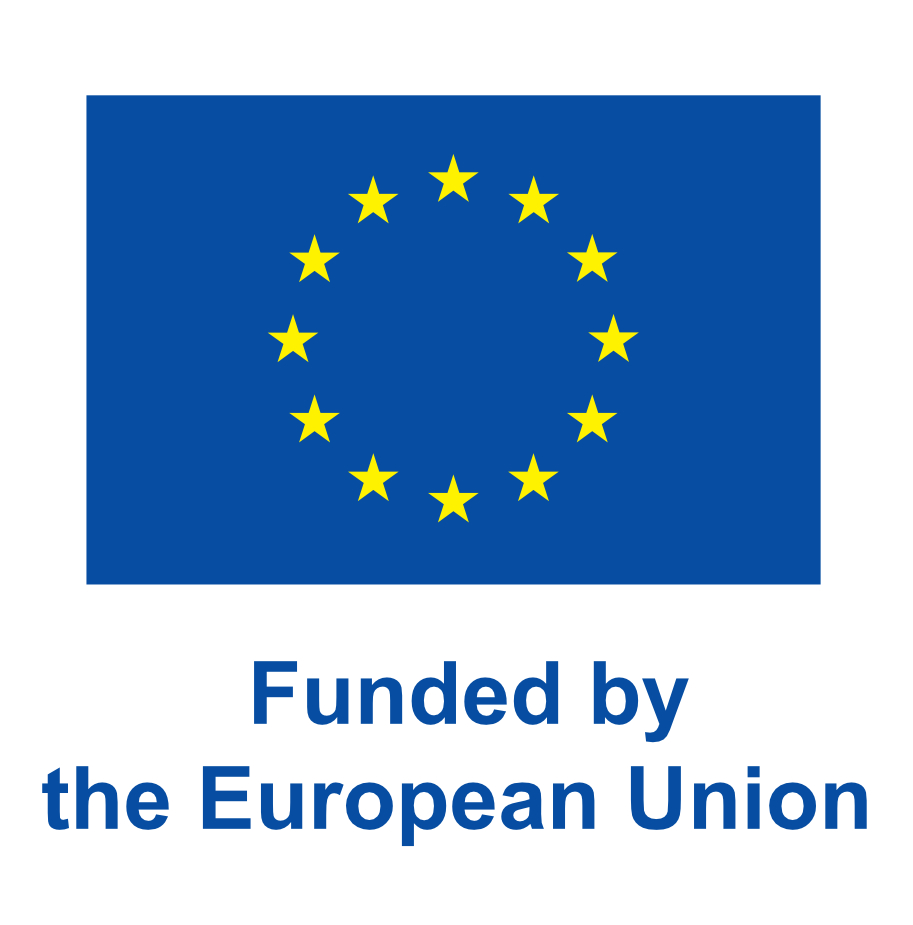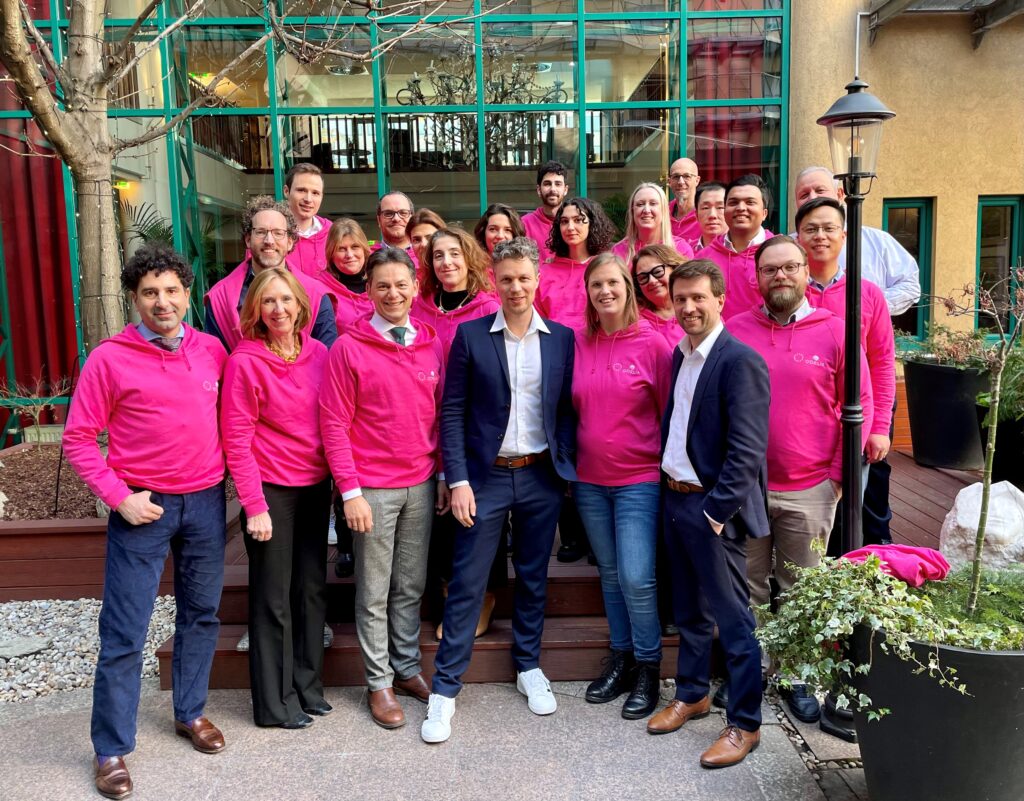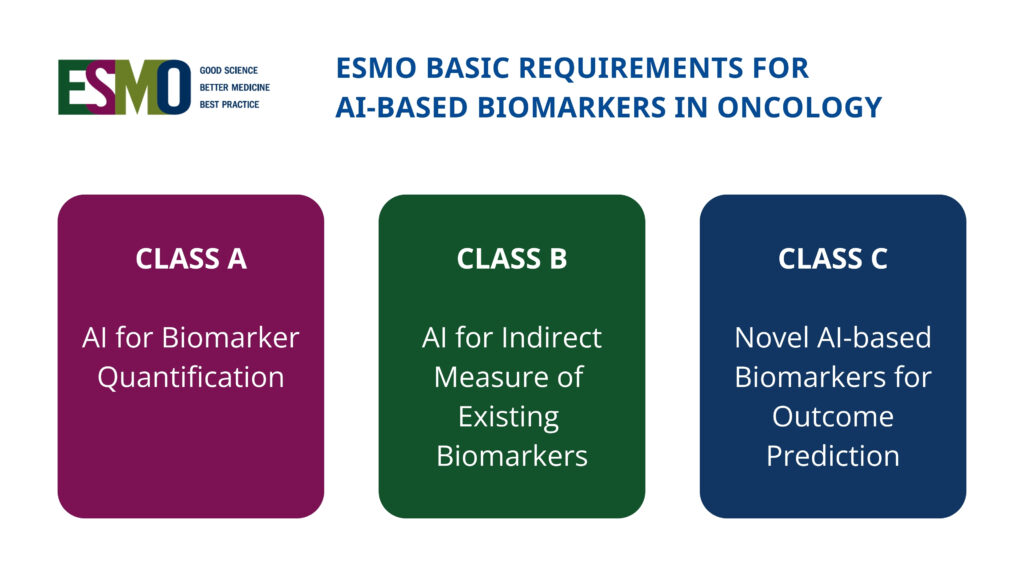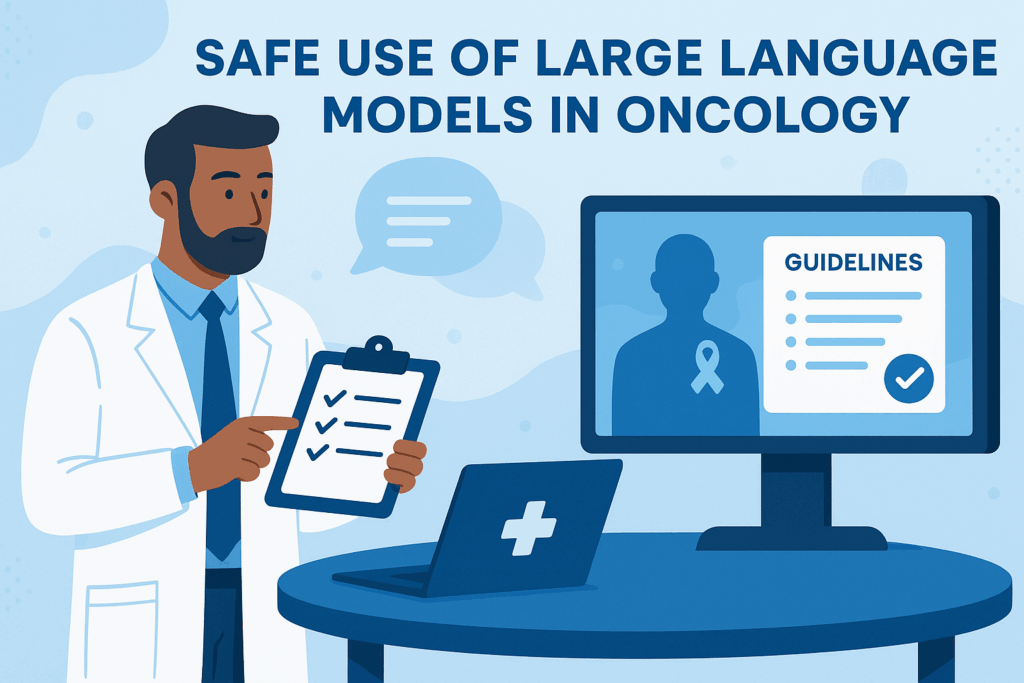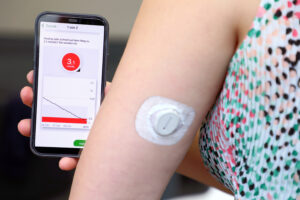AI models in Healthcare
AI models in healthcare have the huge potential to improve decision-making in clinical routine resulting in earlier, better, and more precise diagnosis, prognosis, and treatment of diseases. One of the main challenges in implementing AI in healthcare is the lack of large enough datasets to train models with. This is especially true for cancer screening, where the collection of data faces severe practical, ethical, and legal obstacles. ODELIA aims to overcome these obstacles by implementing SL, a novel approach to AI training that allows for privacy-conserving training of medical AI algorithms without sharing any sensitive and private data.
AI algorithm for the detection of breast cancer in MRI
ODELIA’s main objective is to build the first open-source software framework for SL, providing an assembly line for the streamlined development of AI solutions. The project partners will collaborate to develop the first clinically useful AI algorithm for the detection of breast cancer in magnetic resonance imaging (MRI), using a distributed database that exceeds all previous studies. This will not only deliver a useful medical application, but also prove the clinical benefit of SL in terms of accelerated development, increased performance, and robust generalisability to ultimately improve treatment and healthcare for European patients.
The success of the ODELIA project is expected to push partners to serve as nuclei for the exponential growth of the SL network and extend SL to a multitude of medical applications. This will provide patients, healthcare providers, and citizens in Europe with a digital infrastructure that enables the development of expert-level AI tools on big data without compromising data safety and data privacy.
About ODELIA
The ODELIA consortium brings together partners from twelves academic institutions and industry partners from across Europe: European Institute for Biomedical Imaging Research (Austria), University Hospital Aachen (Germany), Vall d’Hebron Institute of Oncology (Spain), Mitera Hospita (Greece), Radboud University Medical Center (Netherlands), University Medical Center Utrecht (Netherlands), Ribera Salud (Spain), Fraunhofer Institute for Digital Medicine MEVIS (Germany), OSIMIS (Belgium), Technische Universität Dresden (Germany), University of Zurich (Switzerland) and University of Cambridge (United Kingdom). The project will run from January 2023 to December 2027. Total funding: € 8 691 755.00.
The ODELIA project receives funding from the European Union’s Horizon Europe research and innovation programme under grant agreement No 101057091. Funded by the European Union. Views and opinions expressed are however those of the author(s) only and do not necessarily reflect those of the European Union or the European Health and Digital Executive Agency (HADEA). Neither the European Union nor the granting authority can be held responsible for them.


